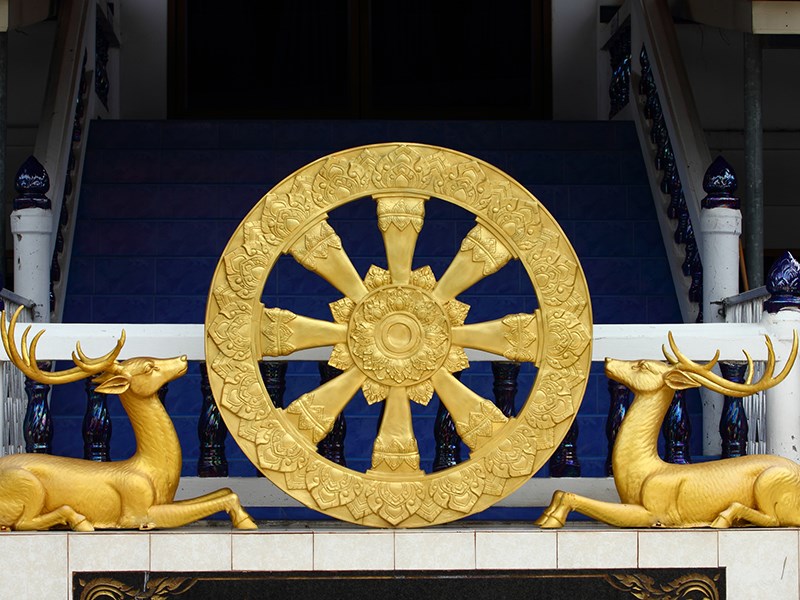Although people seek counselling support for a wide variety of reasons, they often say a large part of their problems is that their lives seem out of control with too much work and too little leisure, or too much social time and too little individual time.
Their lives are really out of balance. This is a challenging situation, but with a little insight, planning and self-discipline things can improve quickly.
With our busy lives and long lists of priorities, we often find ourselves ignoring other important dimensions of existence. Focusing too much on only part of our lives can lead to feelings of dissatisfaction and emptiness.
Bringing things back into balance requires a more global view of our lives to lift ourselves above the day-to-day and look at all the parts of our life to see which are getting too much attention and which too little.
This approach is called the Wheel of Life, with spokes for the different dimensions. It is really useful because it graphically shows the current and ideal dimensions of our lives and highlights the areas that need work. Counsellors and life coaches use this concept to assist clients in identifying problem areas of their lives and bringing them back into balance. It also helps them to pay attention to specific areas of concern.
It is easy to create your own Wheel of Life by following these simple steps. However, although the steps are simple, spending more time and effort on them will result in a more complete and useful wheel.
Think about different dimensions of your life
Most people have six to eight important dimensions of their lives. Think about them in terms of your different roles: spouse, parent, extended family member, worker, community member, sport or hobby enthusiast, et cetera.
Draw a wheel with spokes for each life dimension
Write your life dimensions on your drawing, one dimension per spoke
Consider each dimension
Decide on your ideal level of attention for each dimension. At different times of your life, different dimensions will require different levels of attention.
Assess the attention you are giving each area right now
Thinking of each dimension in turn, use a scale of zero to 10, to decide how much attention you are giving each at present. Mark it down on the wheel and draw the level on the spoke. For example, a five would fill half way out from the centre, a 10 would completely fill the spoke, and a zero would not fill the spoke at all.
Think about the different spokes on your wheel
Are some areas completely filled in while others are empty? Do the levels vary greatly? Do the filled areas use up only a small area at the centre of the wheel? Your drawing should give you an instant “bird’s eye view” of the dimensions of your life.
Consider your ideal level
Think about the ideal level for each of your life areas. For most people, there will be differences between the current and actual levels of each dimension. As well as balancing the different dimensions, it is important to live each dimension close to the ideal.
Work the Wheel of Life
The Wheel of Life is a picture of your current and ideal life dimensions and balances. Any gaps or irregularities show the parts of your life that need work. You need to take action in each of these areas. Sometimes, to coordinate different levels, it may be necessary to back off on certain dimensions. Some of us work too much, some of us play too much. The Wheel of Life helps us bring all the dimensions into balance. Then we can start expanding them all together toward the ideal.
Use the wheel to set goals
The Wheel of Life is a map showing where you are at present and where you are going. It also helps you identify and set goals. Finally, it assists you in seeing your progress along life’s journey. Many self-assessment tools for the Wheel of Life are available online, including at toolshero.com/personal-happiness/wheel-of-life/.
Paul McIsaac is a registered counsellor/psychotherapist in Powell River.



